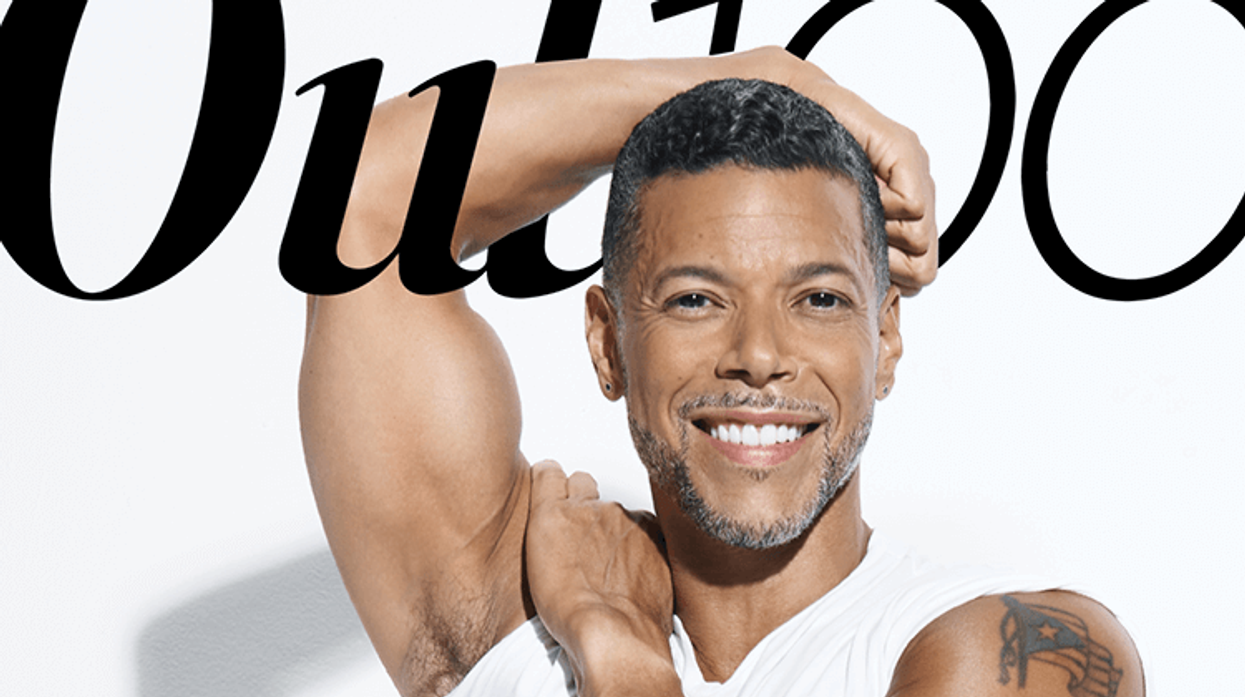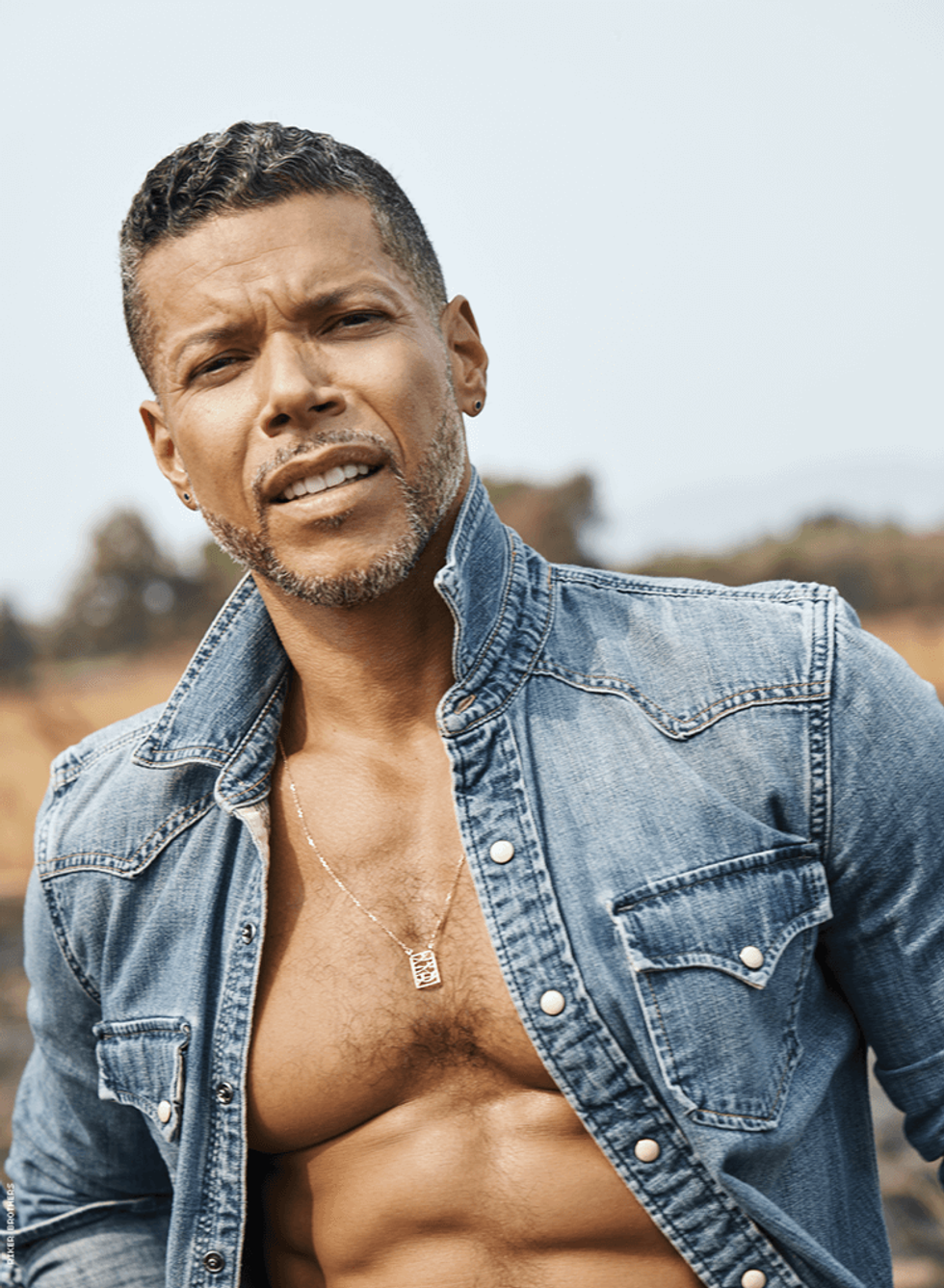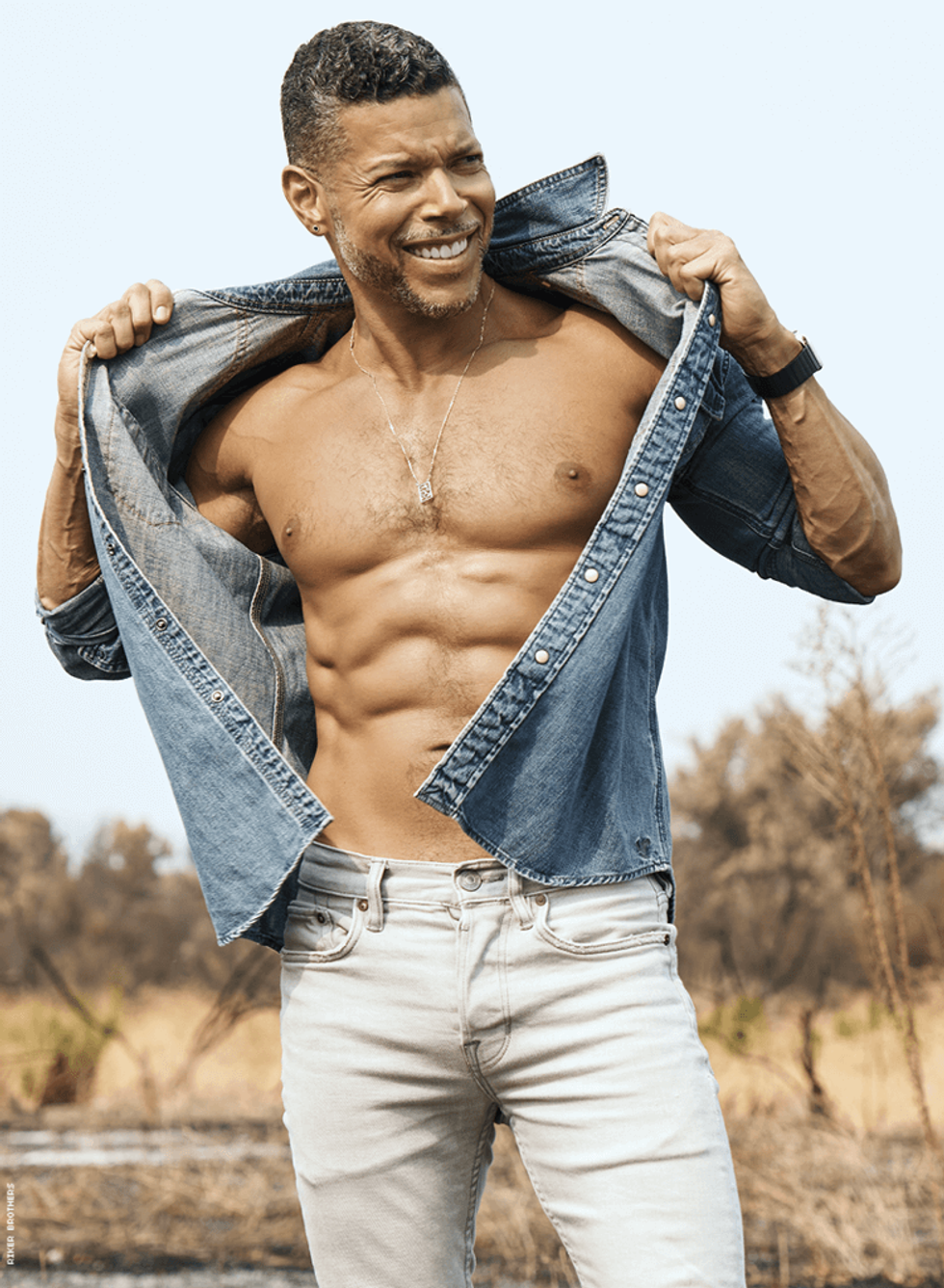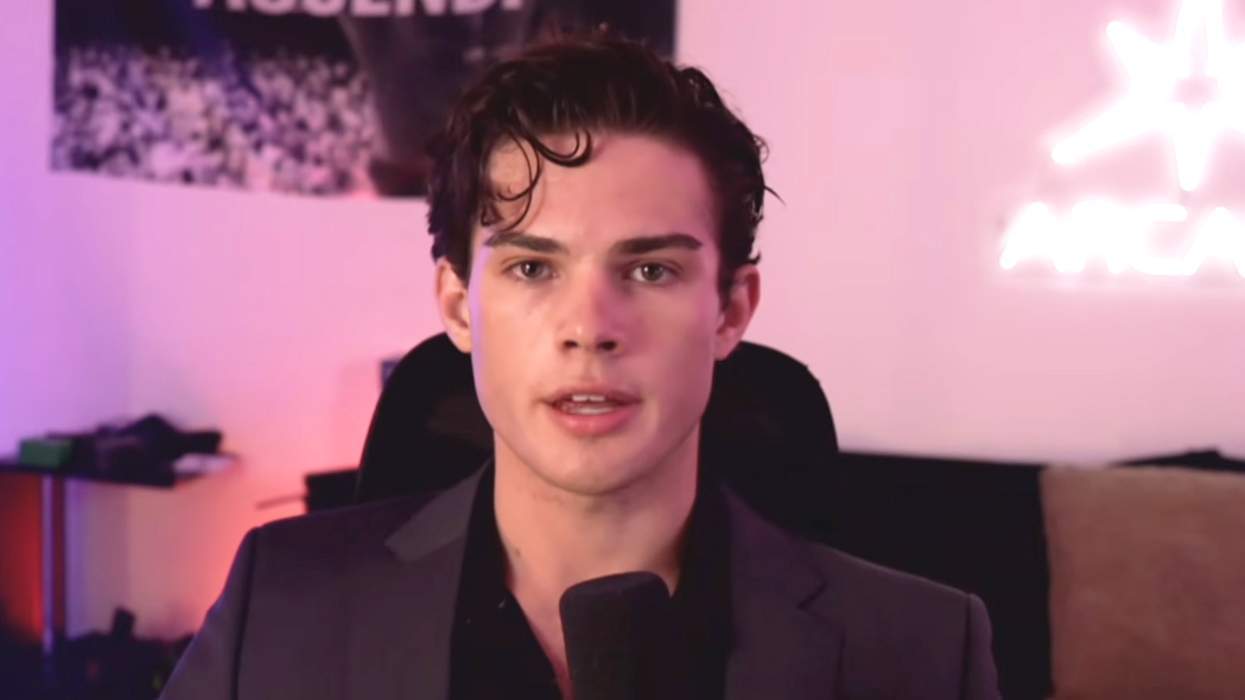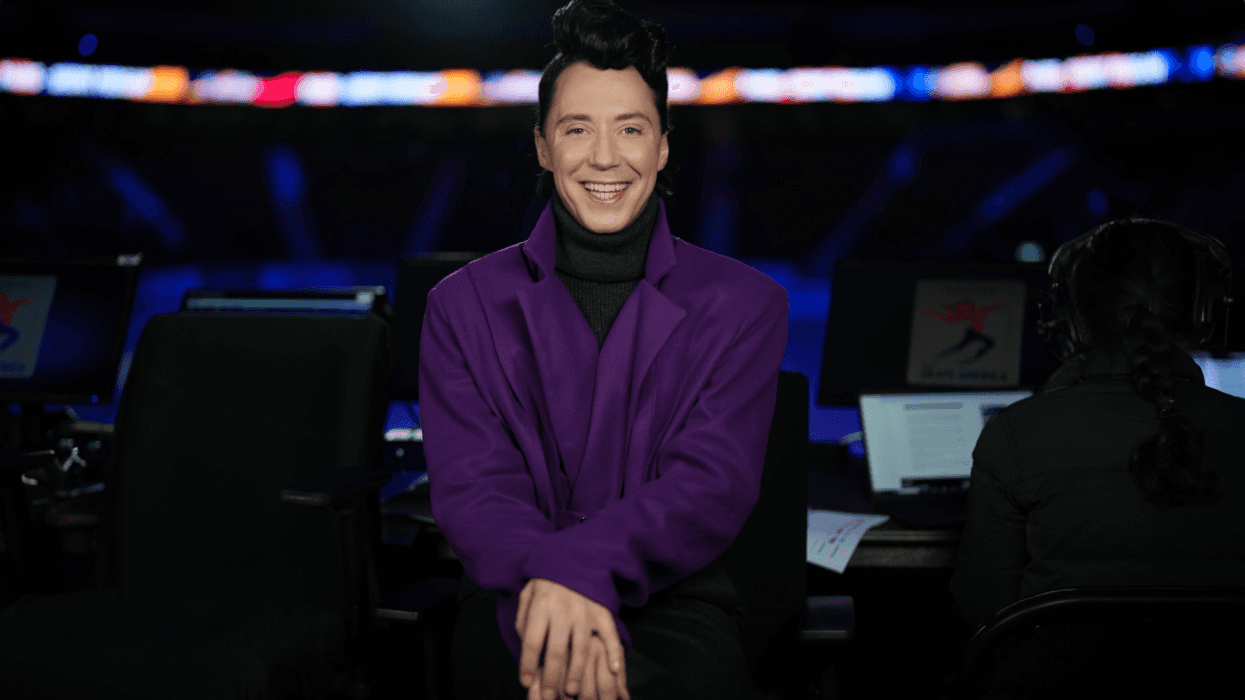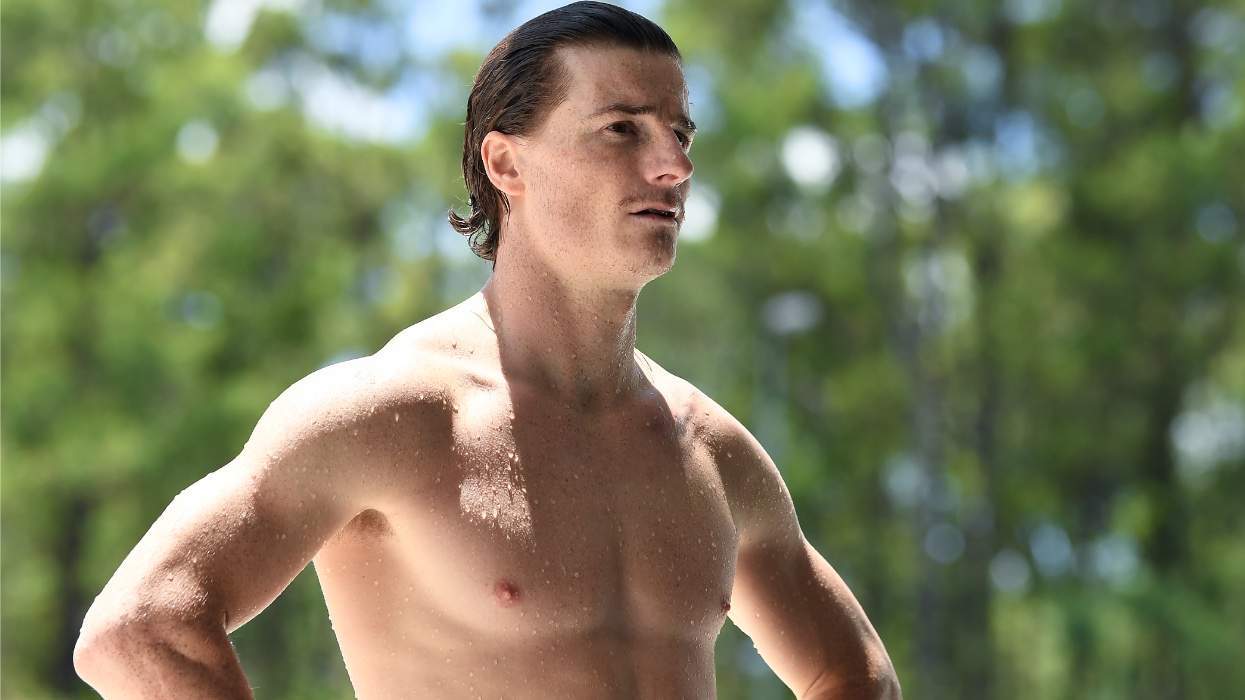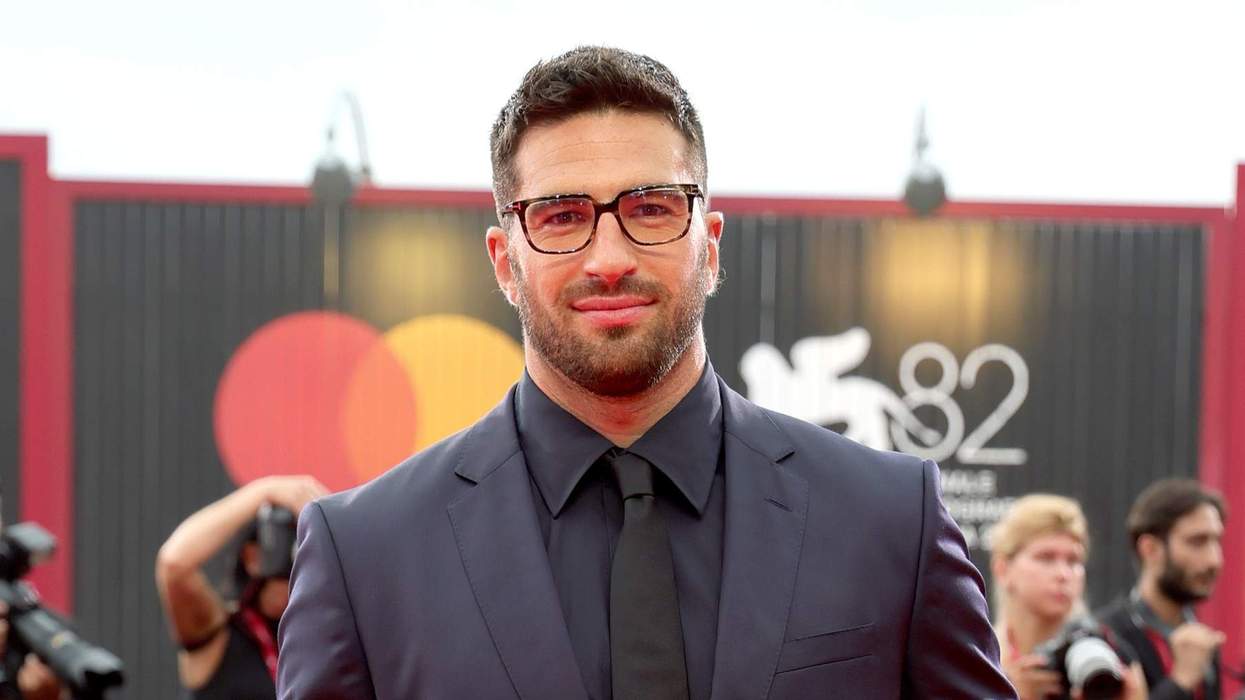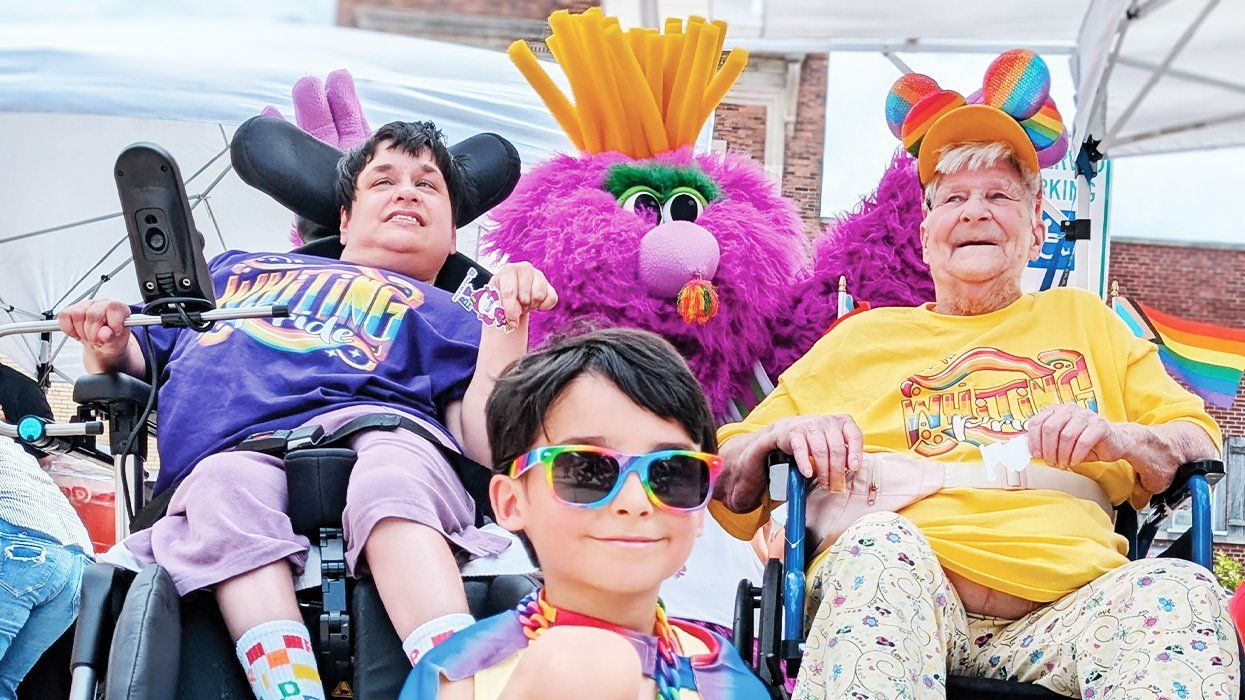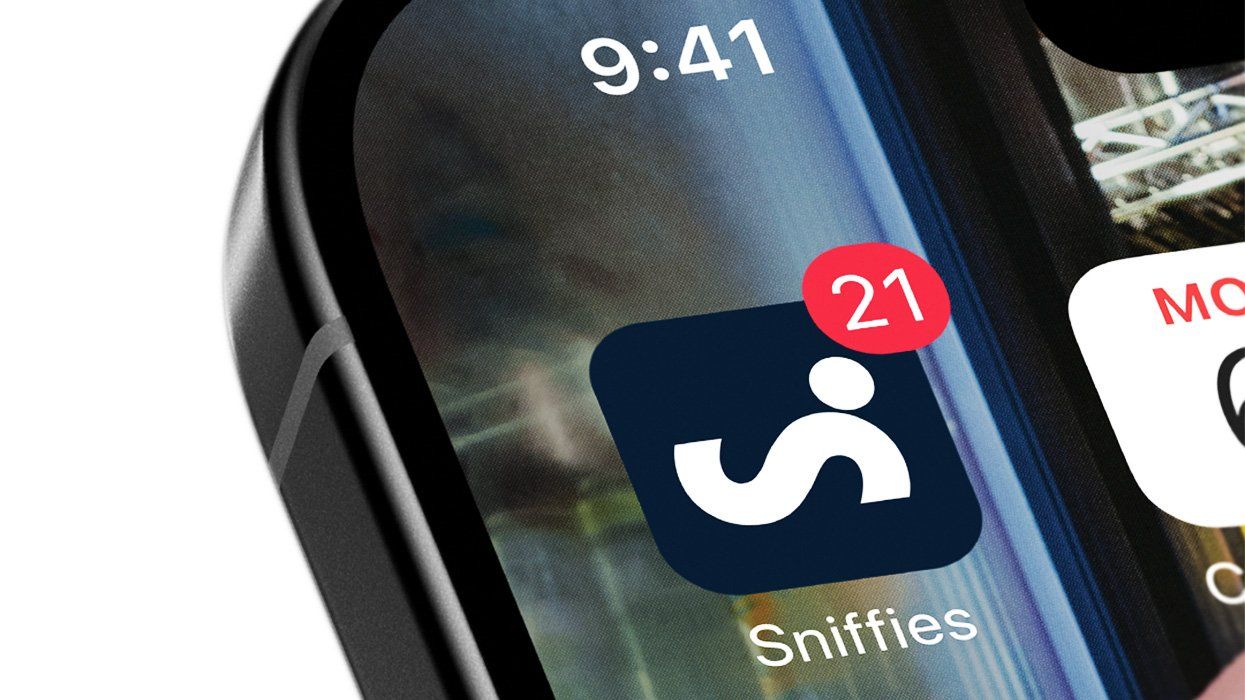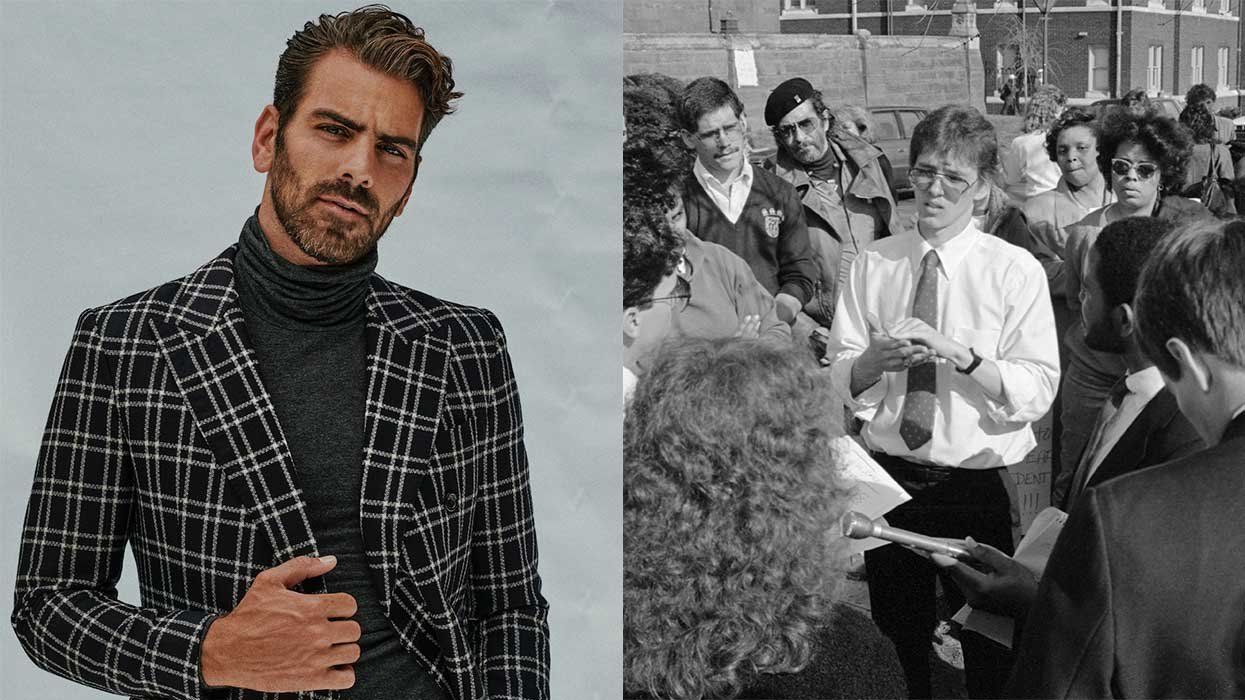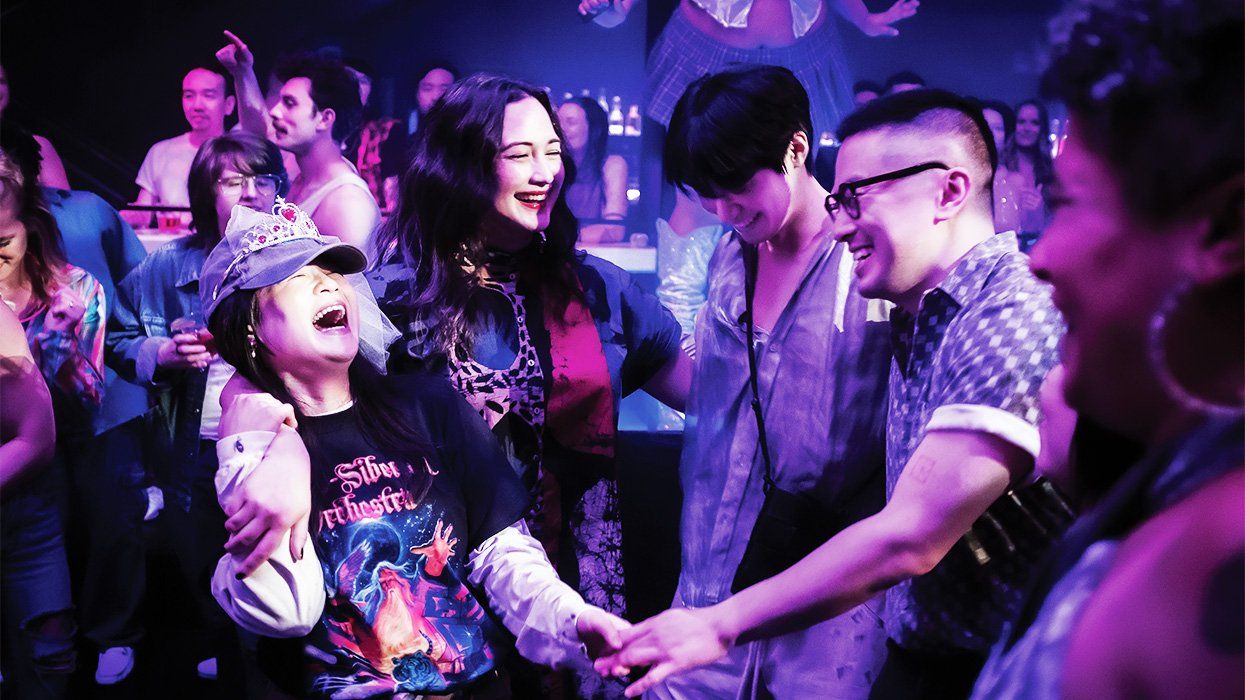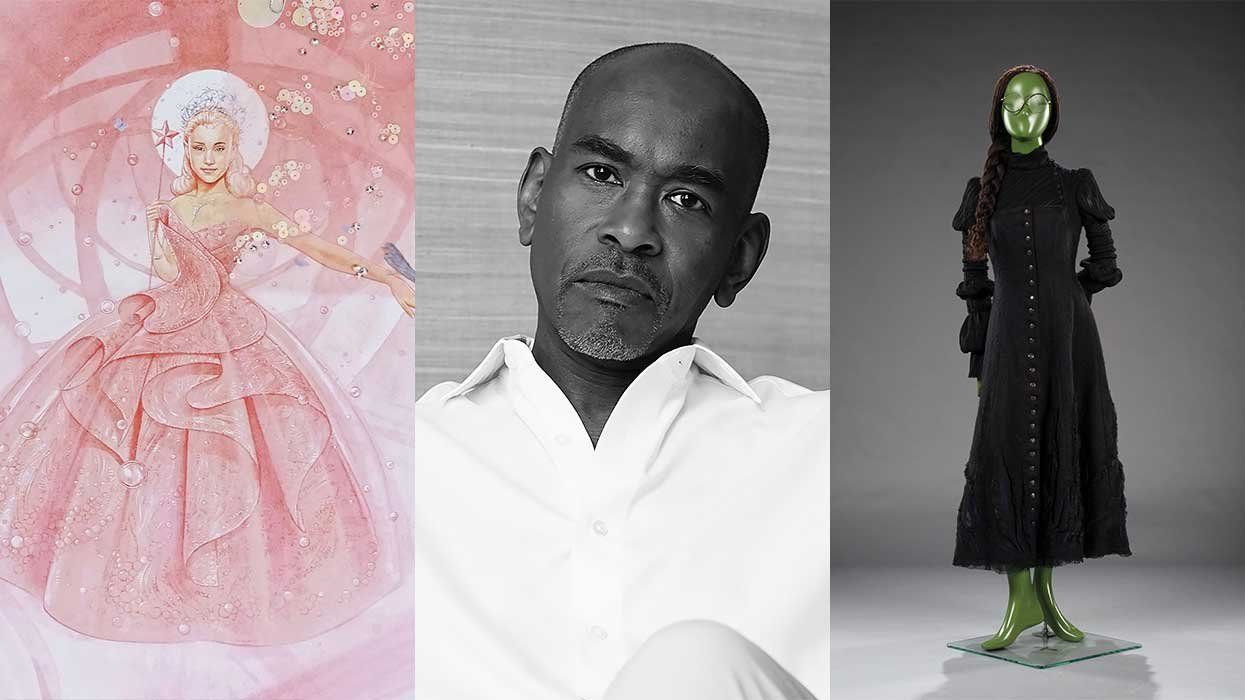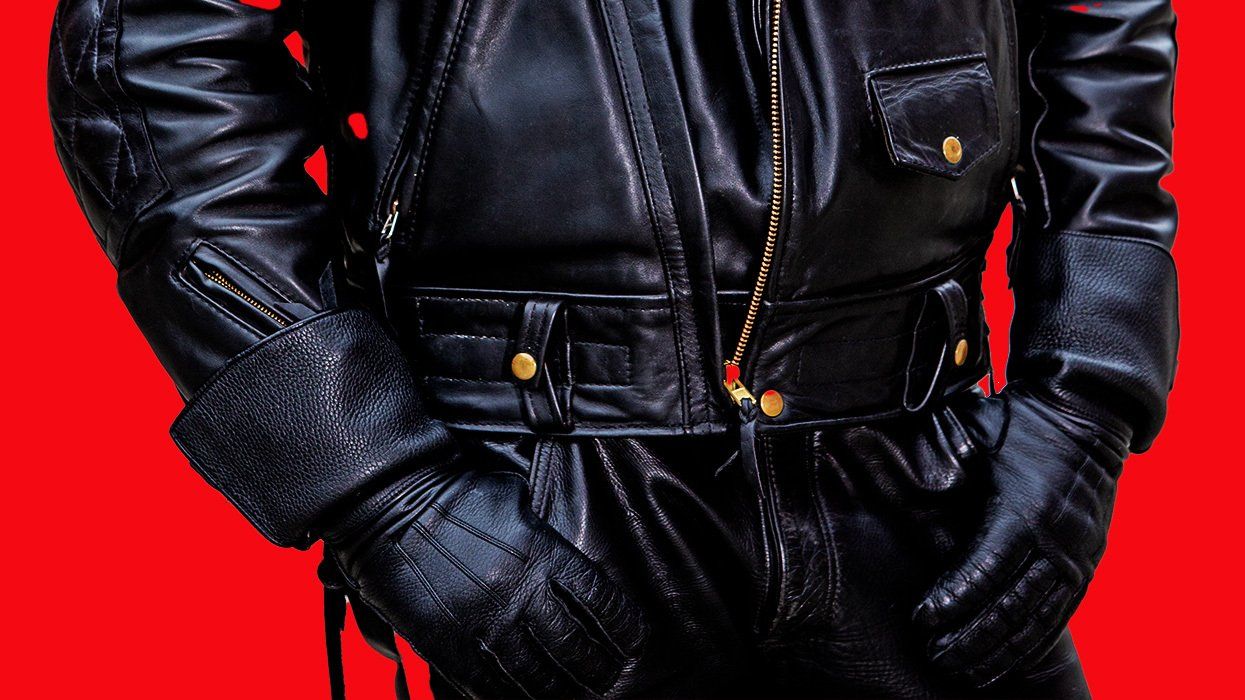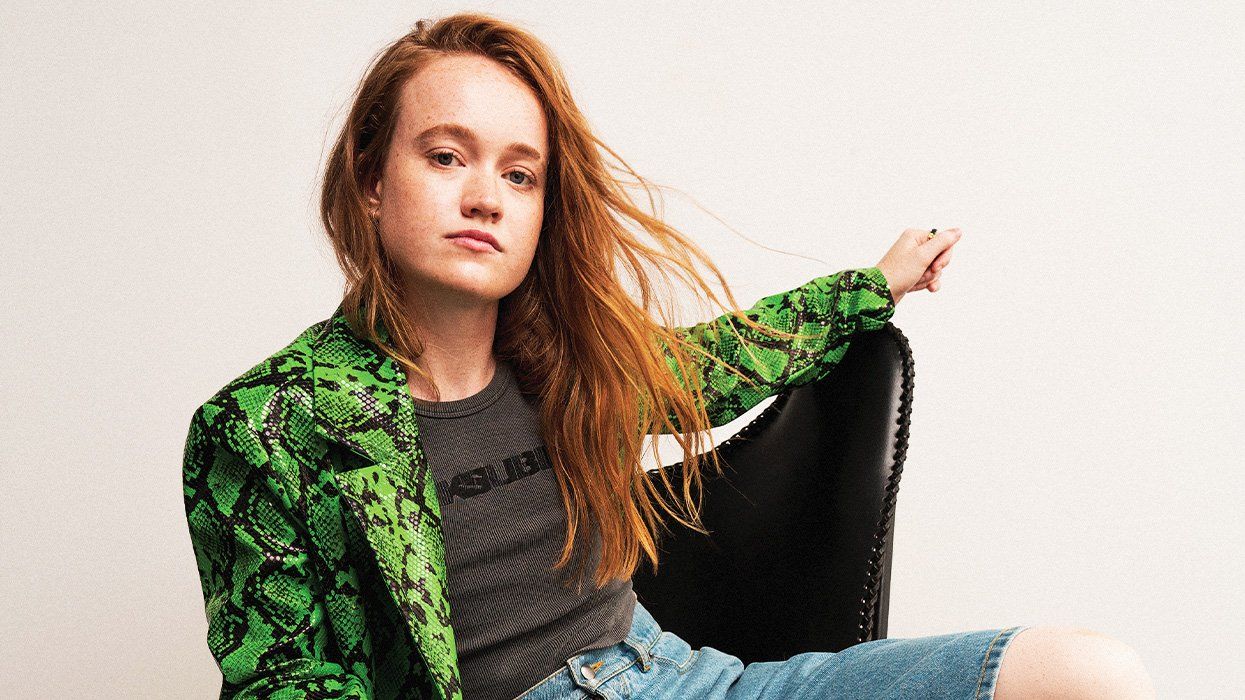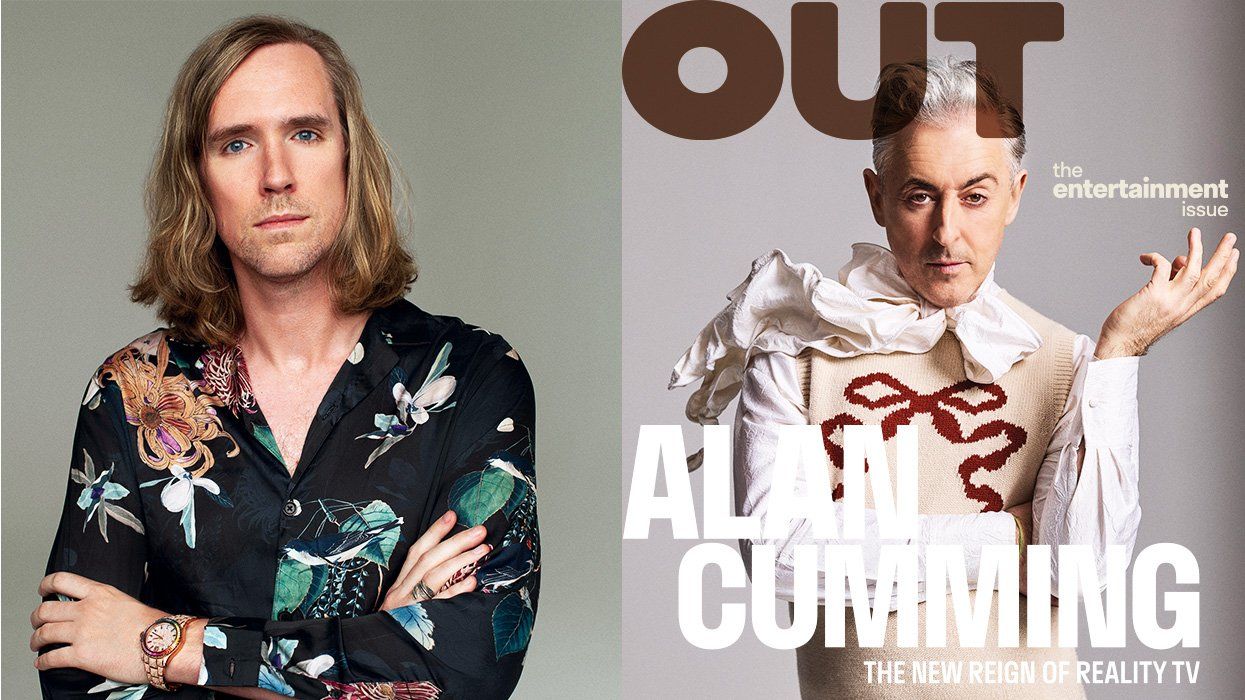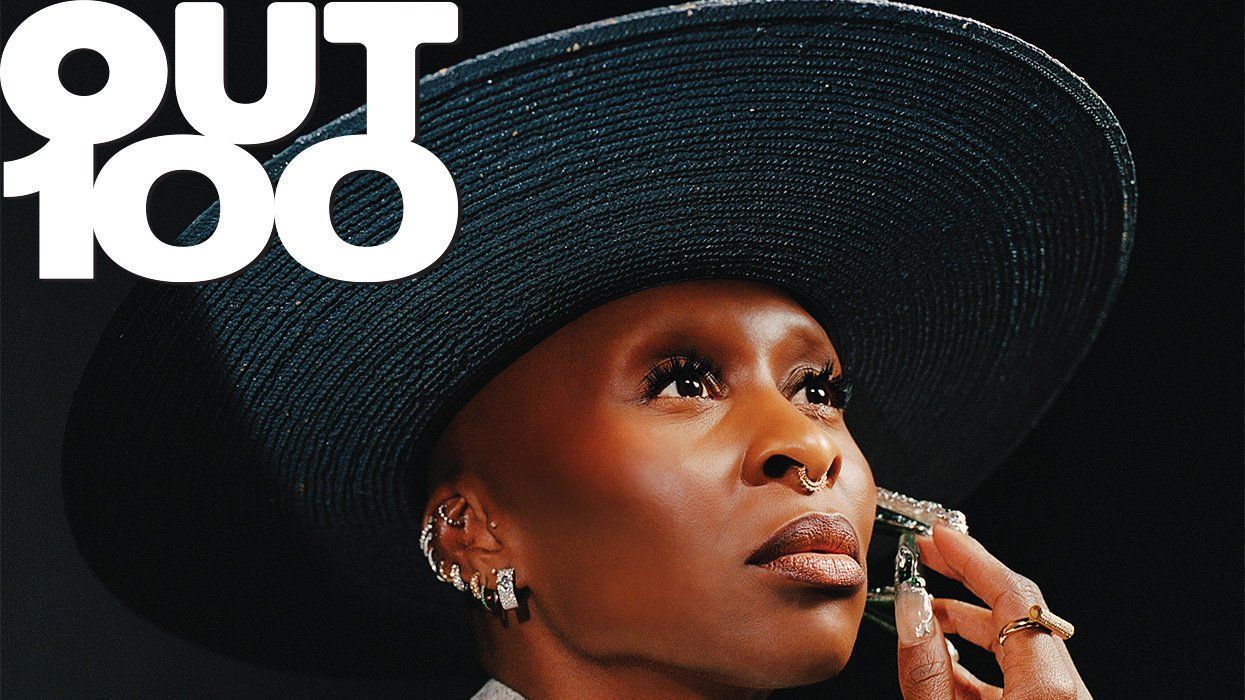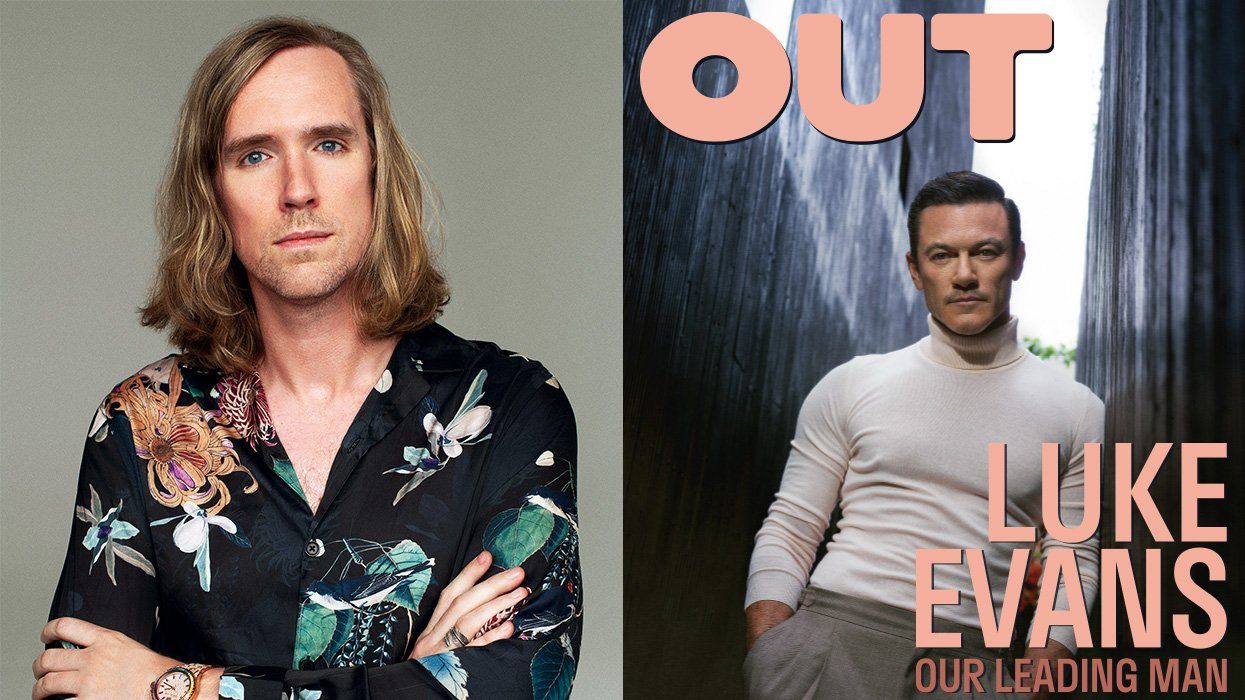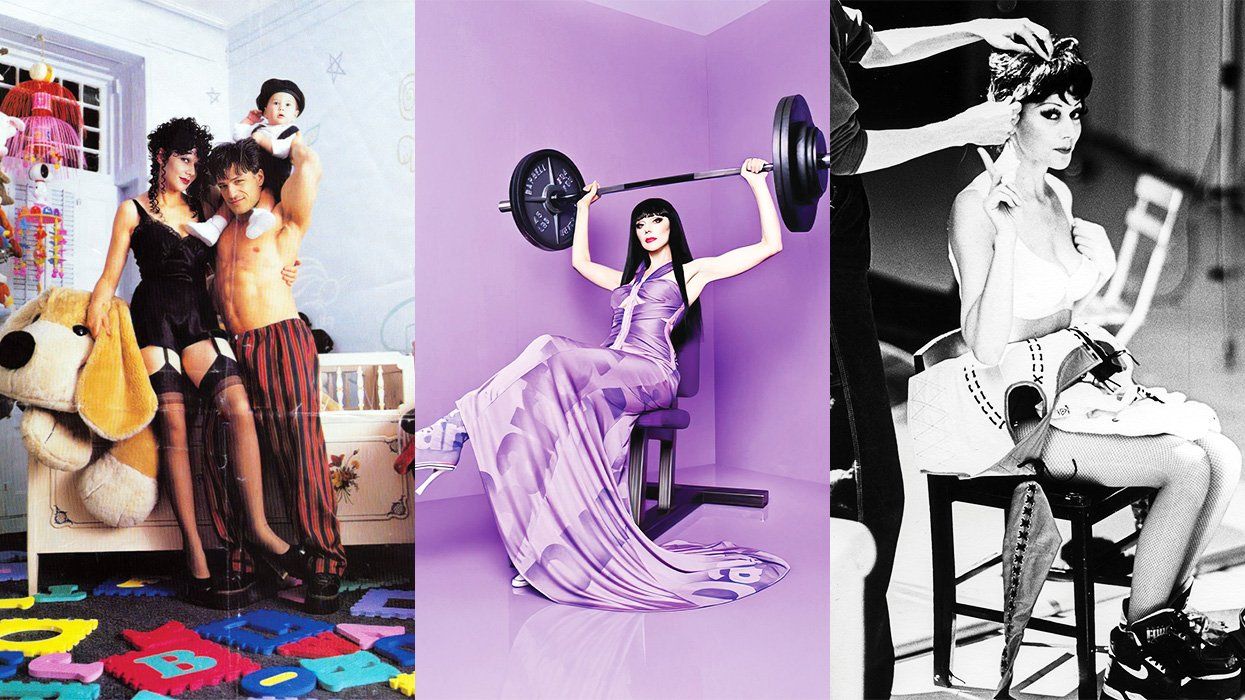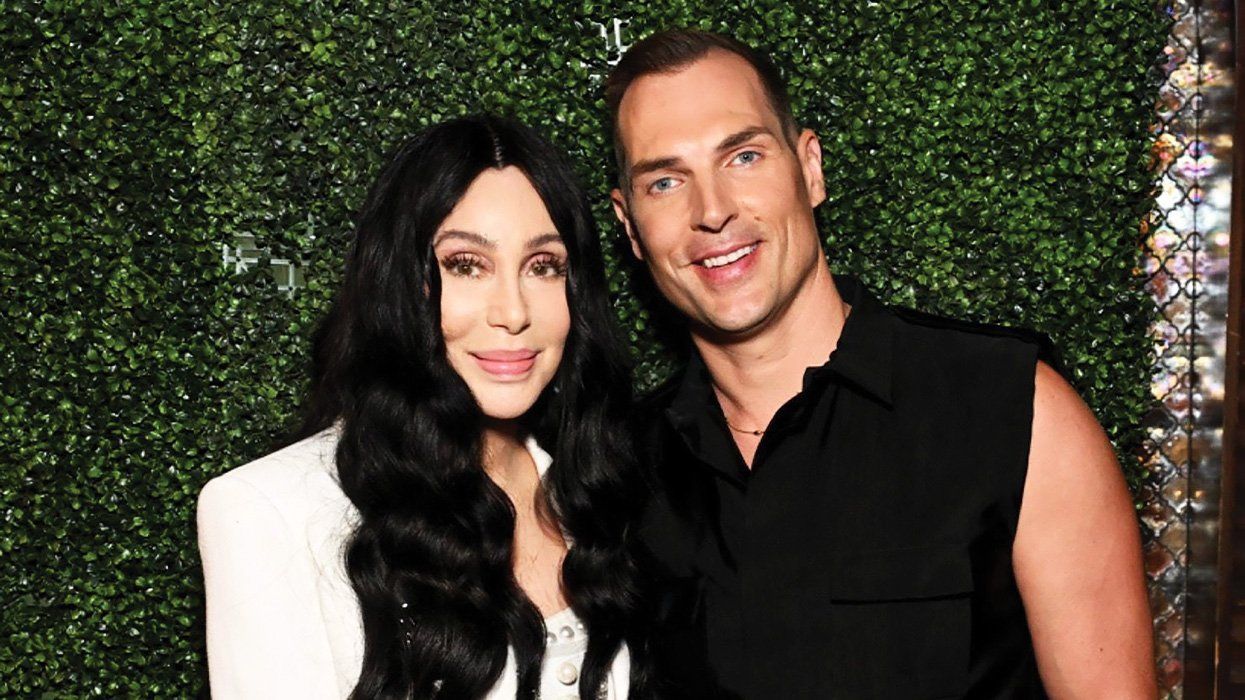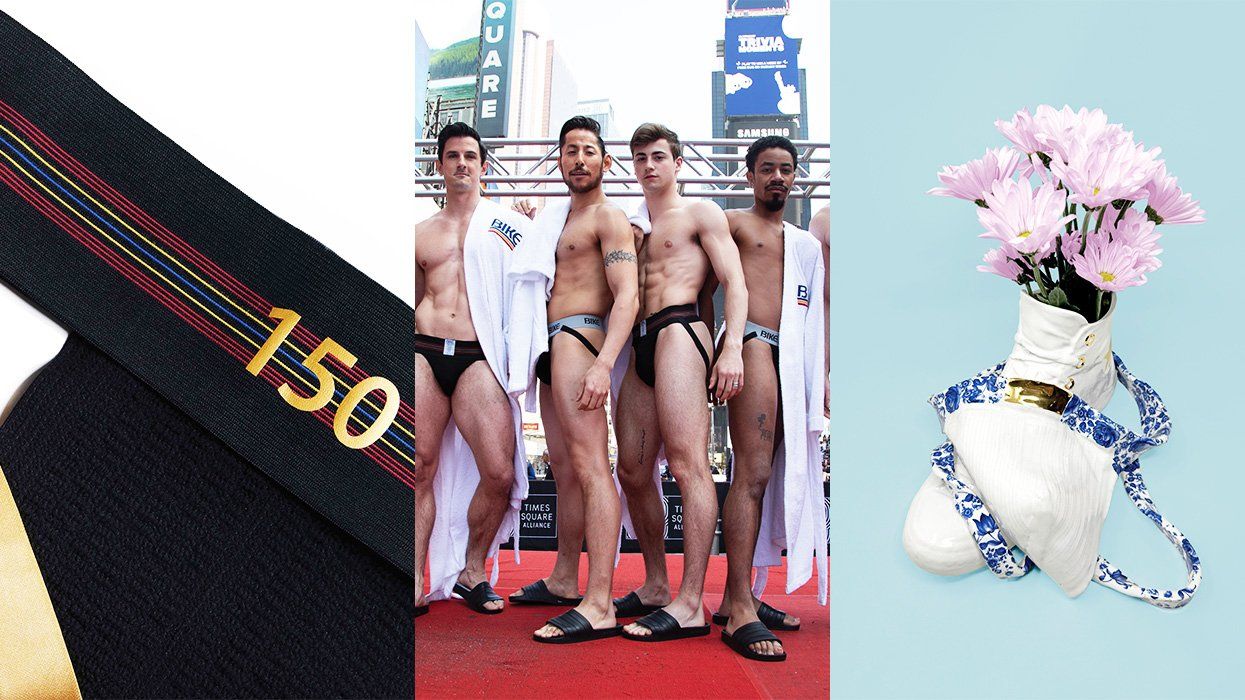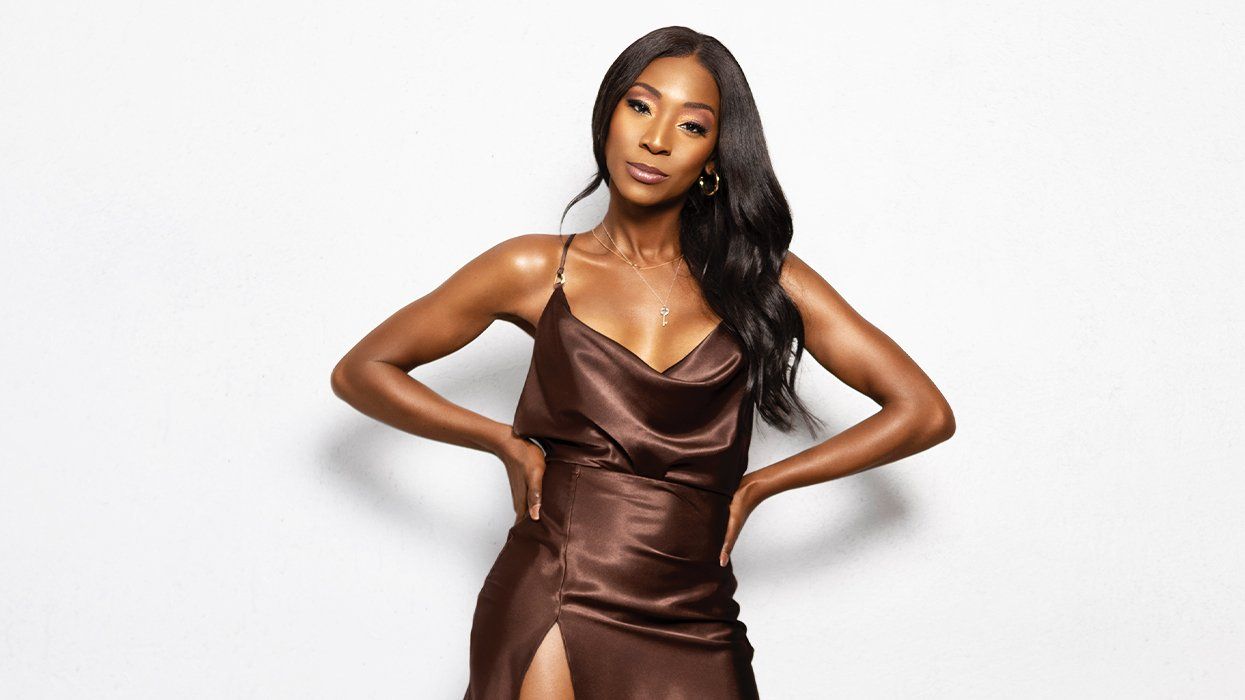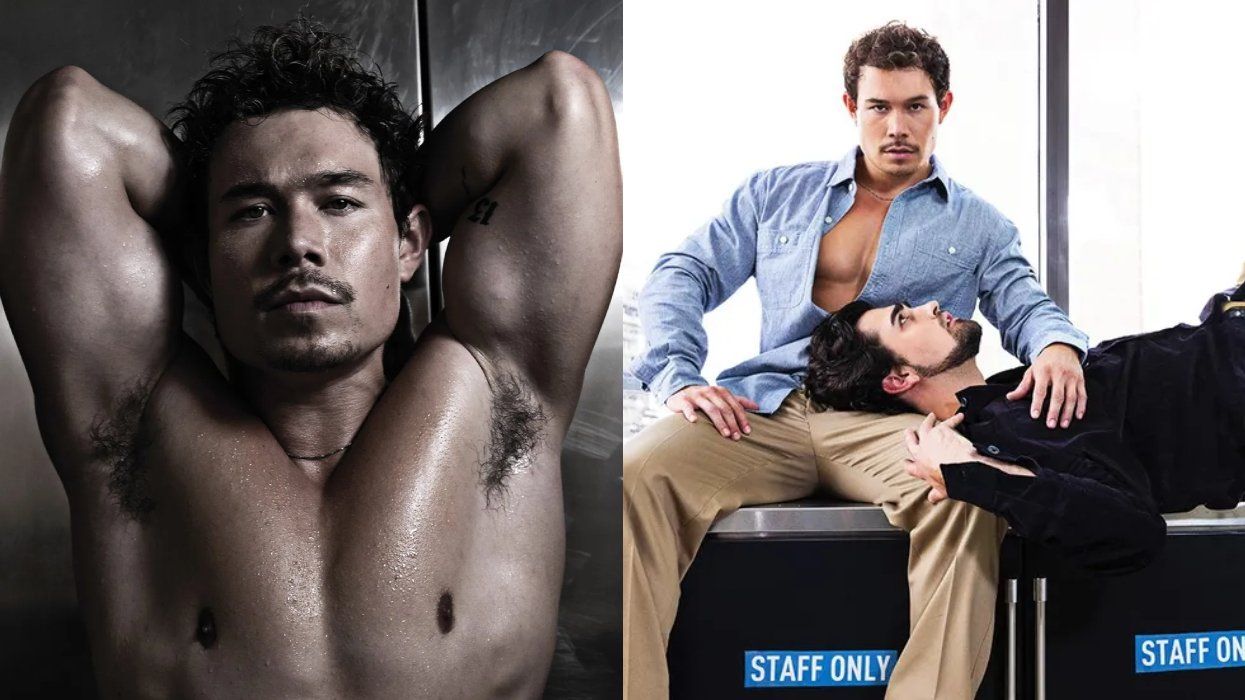Alone in Toronto, Wilson Cruz is fresh off a Zoom call with the cast of his 1990s cult hit My So-Called Life. "They're part of my chosen family," he explains of his costars, which included Claire Danes and Jared Leto. The Gen-X series, and Wilson's character, Rickie, continue to resonate with fans a quarter of a century after he became the first out gay actor to play an out gay leading character on TV in the U.S.
Nearly every day, fans still tell Cruz how much Ricky meant to them. "We knew that the whole point of that role was so that people could see themselves and own how beautiful their lives could be if we just allowed ourselves to be seen -- and if people would allow us to show ourselves as we are," he says, adding that what he took from that role was literally his character's arc.
"I'm enough just as I am. I spent so much time, if you want to get honest, trying to make up for what I thought was broken as a teenager, to please people and make up for the shame that I was carrying around about being a gay boy."
Now, Cruz has brought Ricky's lesson -- and the self-confidence the veteran actor personally gained over the years appearing on dozens of TV shows (including Noah's Arc) and serving a leadership role at GLAAD -- to Dr. Hugh Culber on the queerest Star Trek yet.
In addition to Cruz and his on-screen husband played by Anthony Rapp, there's also OA star Ian Alexander as a trans alien and Blue Del Barrio playing a non-binary human joining the cast. ("They're straight out of college," he says of Barrio. "They are amazing.") Tig Notaro's character is lesbian, Michelle Yeoh's character is pansexual, and lesbian writer and producer Michelle Paradise joined as this year's showrunner and head writer.
Fifty years after Gene Roddenberry first wanted to have a gay character (but had already risked cancellation with an interracial kiss), his full vision of humanity is finally on screen. All that queerness leads to shorthand on set for the queer actor and a truly transformative series for fans.
The Black, gay, Latinx activist can't help but compare the Star Trek: Discovery universe, 1,000 years in the future, with America today. "I have to tell you -- and it's going to sound corny -- it's about how Star Trek makes me look at the world. Because in order for any of us to play these roles as people of color on this show, we have to imagine who we would be and what our lives would be if we were allowed to live up to our potential because we aren't dealing with all of the 'isms' that are obstacles in our lives. So Dr. Culber didn't deal with racism. He didn't deal with homophobia. He got to be everything he could possibly be. And he was allowed to do that with no blockages in education or opportunities. And when you spend nine months out of the year trying to imagine that world."
After spending all day in that world, Cruz says, "You leave work wanting to figure out ways to make our world a bit closer to that one. Because you know it's possible."
In fact, 2020 has been an education for Cruz. He was involved in the social justice protests around Black Lives Matter and also took it upon himself to be better able to speak to the issues by reading and listening.
"Reading Caste literally changed my perspective in terms of how I look at how we're governing and living our lives right now," he insists of the Isabel Wilkerson tome. "And so I read something like Caste and it breaks my heart to know that we've built an entire society out of the fallacy that some people are worth less than others. The most powerful part of that book for me was, I mean, all of it was powerful, but the weird thing that stuck with me the most was when she speaks about how caste forces us to miscast everyone...so people who feel like they should be the president of the United States because of their racial makeup and their family lineage and class when really they shouldn't be right. That's not what their personality is suited strongly for. Whereas someone who should be is a person of color and doesn't have the same opportunities and is relegated to menial work because that's what they have been assigned to because of their caste. When in reality that person could be the person who invents or discovers the cure for cancer. But we never gave them the ability to do that."
The saddest part, he says he realizes now, "is that we've done this to ourselves. Nobody did this to us. We chose to dismiss the humanity of other members of our own species. We've chosen to do that. And we have to find a way to un-choose that."
The challenge for Cruz on the third season of Discovery "has been to imagine what it would be like to have literally a second lease on life. When you're given a second chance, I think, you say, what wasn't working before? How can I live and create the kind of life that I always wanted now that I've been given a chance to do it?"
For Dr. Culber, that involves stepping into a leadership role and caring for the crew, especially in moments of crisis. It's a blend of strength and empathy that Cruz wishes we saw more of in the Trump administration. "We need to be able to be strong because we have to be resilient... [but] the only way that we're resilient is if we're vulnerable as well."
After the second presidential debate, Cruz tweeted that Trump was "a white supremacist who has no empathy for over 200,000 dead or the children he's locked up. 500 whose parents are lost forever."
The reality of that still chokes him up. "There are 500 kids at the border right now who will never see their parents again." He pauses to let that sink in. "Someone said yesterday, 'I'm not a parent, but I've taken care of my nieces and nephews. If I have lost one of them for 10 minutes, for 10 minutes, I would be uncontrollable, inconsolable.' What world are we living in where we allow 500 children to go without their families? In the name of what?"
Who doesn't understand that? "Someone who is incapable of seeing the humanity in those people. Because if they did, if they could, they would do something about it. They would have never allowed that to happen. They would have recognized that the reason why these people are so desperate to come here... and escape whatever heinous situation they're leaving behind. This country, since its beginning has only been made stronger by people who have come here to create a better life for themselves. That's all they want. All they want to do is come here and contribute so that they can receive in return a life where they can just be safe."
Cruz is hopeful that the past four years, and those children's trauma, haven't been in vain. "I hope that...we better understand how connected we are and how much we need each other. That we spent so much time and so much wasted energy on the ways that we're different and divided. That we could have used that energy to find common ground and get to work on these issues that have kept us apart for the entire history of our country."
He hopes his legacy will also be part of that healing, one in which he used "whatever talent and ability I had to tell the story of my community so that people would see us for the life-affirming, love-expanding community that we are, as opposed to the decades of misinformation and lies that were told about us."
Cruz also hopes that in 2021, we can "better understand how connected we are and how much we need each other. That we spent so much time and so much wasted energy on the ways that we're different and divided. That we could have used that energy to find common ground and get to work on these issues that have kept us apart for the entire history of our country. That maybe we can start really valuing every single life. That we all matter, yes. But there are some of us who have mattered less up until now. And that our work as a people and a country is to understand and truly, truly commit ourselves to the fact that every single one of us matters. Black lives matter. Black trans lives matter. People of color matter. And it's the only way we're going to be able to move forward."
Of his own legacy as an actor and an activist, it's that, "I used whatever talent and ability I had to tell the story of my community so that people would see us for the life-affirming, love-expanding community that we are, as opposed to the decades of misinformation and lies that were told about us. And that I use [television] to invite people in so they would actually know us. And if they know us, they'll understand us. And if they can understand, they'll accept us and celebrate us. And all any of us want."
Wilson Cruz is one of four cover stories for 2020's Out100 issue, which is comprised of 100 of the most influential LGBTQ+ names in music, fashion, culture, advocacy, and more. Janelle Monae, Joe Mantello, and Janaya Khan appear on the other covers. The full list will be released Thursday, November 19, 2020 and the issue is out on newsstands on December 1, 2020. The first-ever Out100 Symposium, titled "How Do We Come Back From This" will stream on Out Friday and is set to be hosted by Janaya Khan. The first-ever Out100 Virtual Honoree Induction Ceremony will be Saturday, November 21, 2020 at 8 p.m. EST. You can watch live on the Out100 Live landing page.
Photography by The Riker Brothers | Grooming by Kimberly Bragalone


